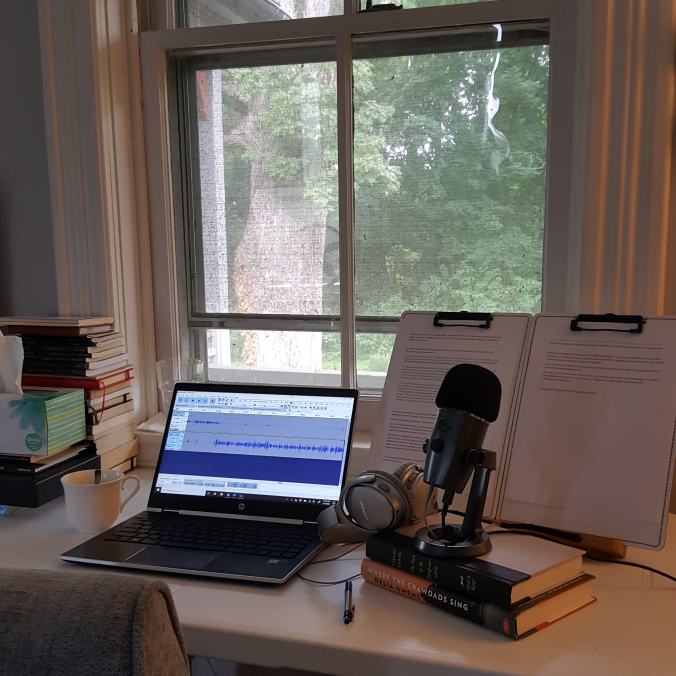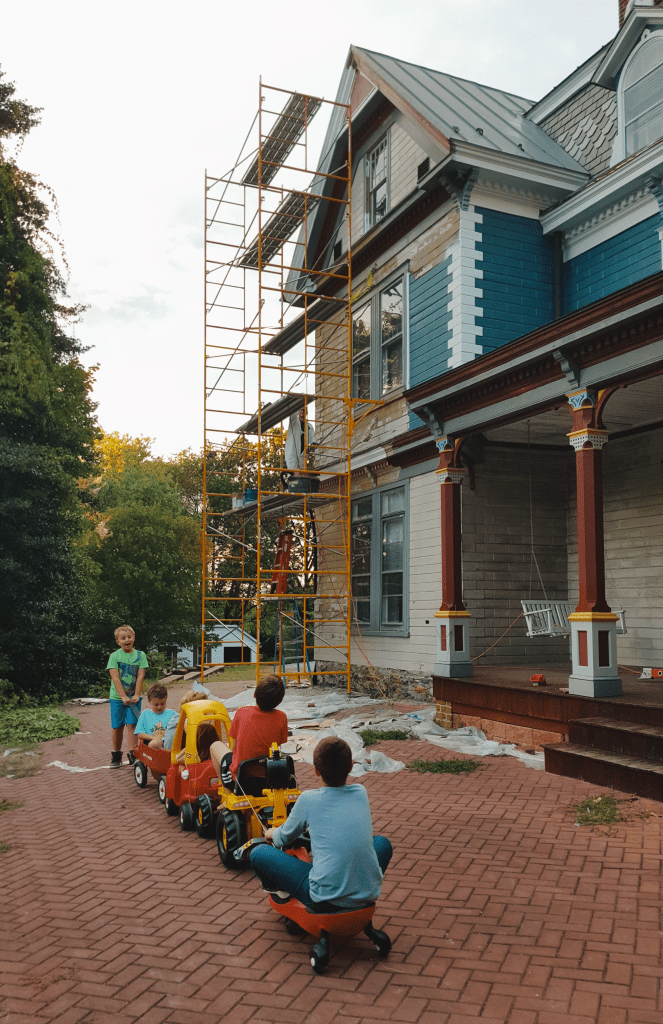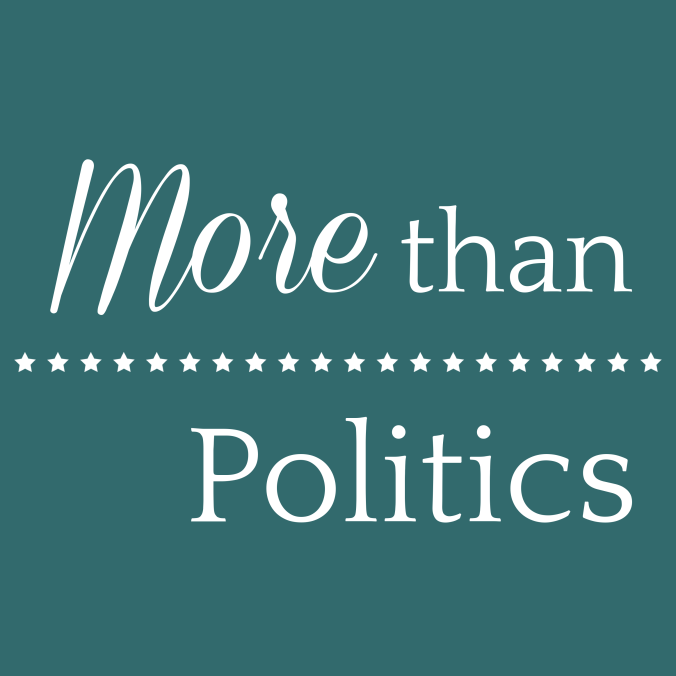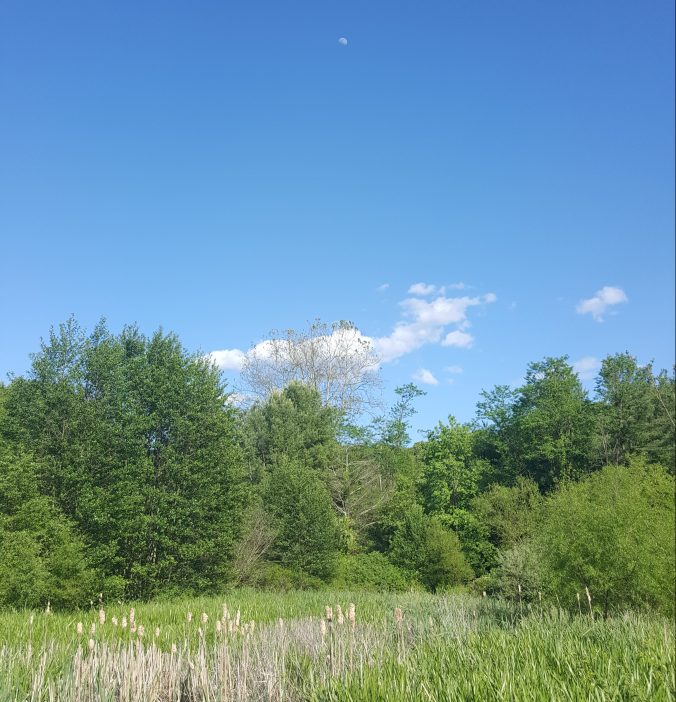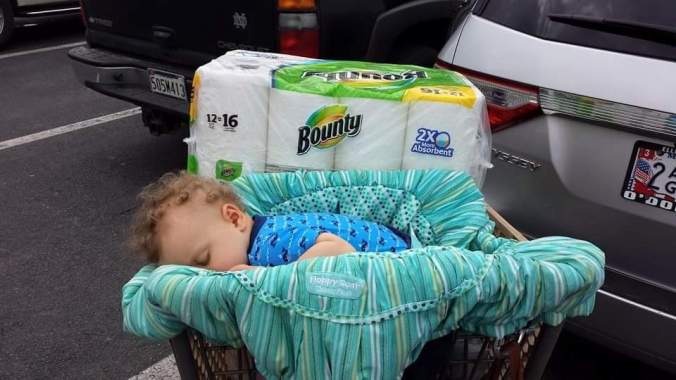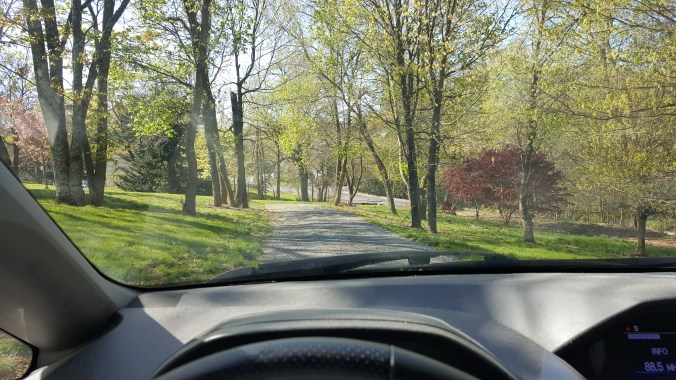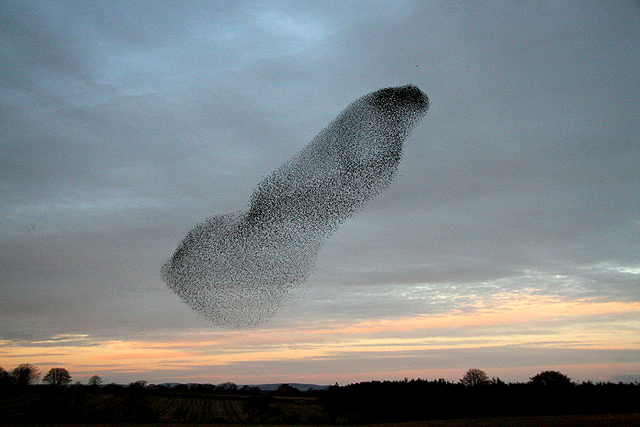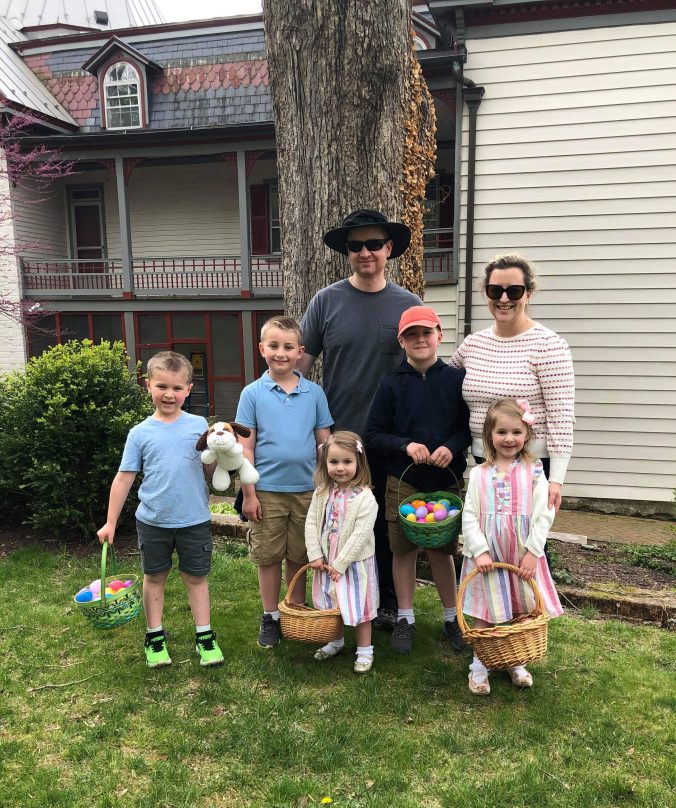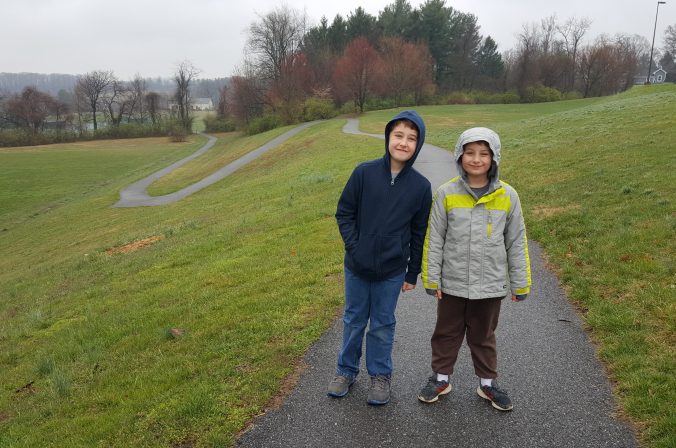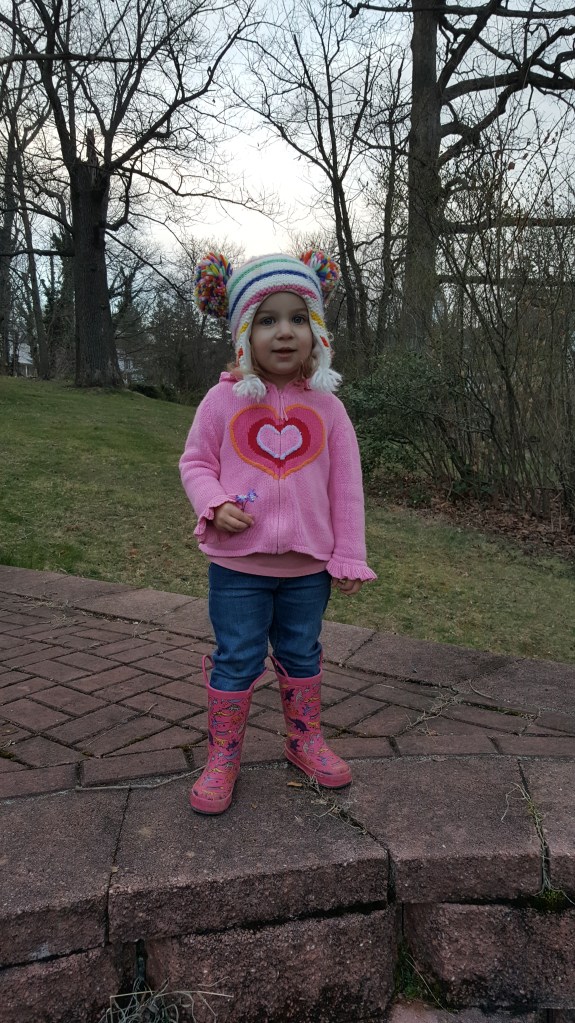I have not yet absorbed the enormity of Friday’s Supreme Court decision overturning Roe vs. Wade. Or maybe I just don’t feel its enormity the way I might have expected to.
Until recently, I thought it would never happen. It wasn’t that I was complacent – it was that I dearly wanted it overturned, and my lifelong experience with politics has been that almost nothing I have dearly wanted has ever happened.
(That’s one consequence of my age and political disposition, I suppose. By the time Republicans started racking up wins on the national stage, I could no longer stomach them.)
I guess that feeling of isolation or ostracization is one thing I wish the Left would understand: We have been living under your paradigm for 49 years. You seemed to put that court decision in your pocket and march forward as if the deal were done, as if there were nothing more to discuss.
But your dismissal of our disagreement rankled.
For nearly fifty years, the elite institutions of our culture – the news media, academia, high-ranking politicians, medical organizations, celebrities and corporations – functioned under the assumptions that of course there was a constitutional right to abortion, of course abortion was necessary, of course women bear no responsibility to the children they carry.
For nearly fifty years, we have been living in a society that assigns as a right an act that many of us consider a trampling of rights.
We’ve been here the whole time, you know: People who see a fundamental tug-of-war of rights when it comes to abortion. People who remember the millions of lives lost since Roe vs. Wade was decided. People who recognize that abortion can never be considered “safe” when it, by definition, kills one of the people involved.
(Allow me to say here that I am dismissive of all arguments meant to assure me that an unborn child is not a child, or a person, or a life. You are free to judge that that an unborn child’s life has less value than one who is born, or even no value at all, but it is illogical to argue that a change of position or development conveys personhood or life. The only distinct, fundamental beginning point is conception. Anything else is simply a matter of time, nutrition, and shelter.)
For nearly five decades, we have been treating this unsettled issue as if it were settled, and that is part of why we are where we are today: divided, dysfunctional, unhealthy. This most personal, painful disagreement has been a cancer on our society.
On the Right, it has eaten away at our trust in institutions. It has led conservatives to ask, “How can I trust the media, the government, medical institutions, when they get abortion so wrong?” (Please know that every time a medical or governmental body that supports abortion issued guidance on Covid, they began at a disadvantage: Millions of Americans were already predisposed not to trust them.)
On the Left, it has deteriorated respect for and trust in broad swaths of our society. It has led progressives to ask, “How can I trust rural people, or religious people, when they are so misogynistic/controlling/backward?”
There is a lesson in all of this for the Right, too: This issue is still not settled. It is no more settled today than it was in January 1973. The cancer will remain.
Many women feel betrayed and frightened and undervalued. Millions of people feel like they’ve lost their footing: an option they’d assumed would always be there – an option that made them feel safe – may no longer be available to them.
What is the healthiest way forward from the current situation? That’s what I am just beginning to think about. Until now, I’ve been absorbed by the disease. I see so much pain, everywhere I look. I see women in fear. I see confusion over laws and bills and legal prospects. I see concern for those who cannot afford to care for their children, or who face medically complicated pregnancies, or who have mental or emotional struggles that make the prospect of pregnancy terrifying.
I see people on one side dismiss the value of babies who will be born with disabilities, or into poverty. I see people on the other side dismiss the incredible physical/emotional/financial/social toll pregnancy can take on a woman.
I see a huge, noisy mess. But I also see a simple truth at the heart of a million complicated situations: Human life is sacred.
We care about this issue as much as we do because human life is sacred. On one side, we cannot fathom ending a human life, even before it is born. On the other, we cannot fathom telling a woman what she cannot do with her own body, with her own life.
If human life matters at all, then all human life matters, and both sides get it wrong when they discount the other.
The mother terrified at the news of another pregnancy – her life is sacred. The unborn baby, beloved but given a daunting diagnosis – his life is sacred. The college student, the hourly-wage worker, the domestic abuse survivor – their lives are sacred. The unwanted baby, the “clump of cells,” newly conceived – her life is sacred.
What is the healthiest way forward? I don’t know exactly what it would look like, but I know it would be long and hard and full of stumbling blocks. And I know it would have to recognize the sanctity of each and every life involved.
Simply outlawing abortion won’t do it. (That only focuses on the babies’ lives.) Fighting for abortion won’t do it. (That only focuses on the mothers’ lives.) I think we, as a society, need to collectively commit to something better. Something healthier, more whole – something that values women and children and families more highly than it values profit and convenience.
But we’re not good at making those decisions, are we? It is hard enough to make those decisions in our own, little, personal lives – and how much harder is it for us to do so for strangers? For hundreds of millions of strangers spread halfway across a continent?
This issue, you know, is part of the bigger problem in our society and politics. The problem where we care more about winning than truth, convenience than goodness, riches than beauty, freedom than love. The cancer of the abortion question is part of our illness, not all of it.
I do not know how to get to where we should want to be (a society in which all members are valued, in which all people are given opportunities to thrive) – but I do know that this poor imitation of it is not worth sacrificing our children or our women for. It is not whole or healthy for us to dispose of our babies. It is not whole or healthy for us to leave women to right these situations on their own.
We have been suffering failures of imagination – failures to see unborn children as distinct individuals with their own rights and futures, failures to see the full scope of challenges faced by women who want to end their pregnancies, failures to recognize the range of emotions a woman can feel when faced with an unplanned, or medically complex, or financially or socially scary pregnancy.
We’ve got to develop a better imagination – both to better empathize with the people at the heart of the issue we’re wrestling over, and to incubate better solutions to their problems. I’m sure there are a million ideas out there as to how to help women navigate these situations. What are we doing to test them, to advance them, to improve them?
And how many of us are willing to work on them, despite differences in our opinions of abortion? (Just as some gun owners resist any gun regulations at all, for fear they will cause a slippery slope to gun seizure, so do some pro-choicers resist material community support for women discerning abortion, for fear that it will make abortion seem less attractive, or necessary, or valid.) How many of us are willing to put aside those differences? How many of us are willing to put our money, and our time, and our talents where our mouths are?
I am not terribly optimistic here. We aren’t that great at working together, at imagining better, at making sacrifices and setting aside our preferences so as to achieve a common goal. We are rusty on those skills.
But I know that we are also capable of change. And I know that on this issue, as in all things, all I can do is all I can do.
Despite the tremendous mess and noise of this issue, I can still point myself to the ultimate good, the ultimate truth, the ultimate beauty. I can still act with love. And I know that if you were to do the same – and you, and you, and you – then at least we would be heading in the right direction.
More people heading in the right direction, please. More imagination, more creativity, more commitment, more love. Those are my prayers, and my own personal aims, in this moment.
To listen to this post as a podcast episode, please visit: https://morethanpolitics.buzzsprout.com/1210460/10871301-mtp-24-digesting-dobbs

